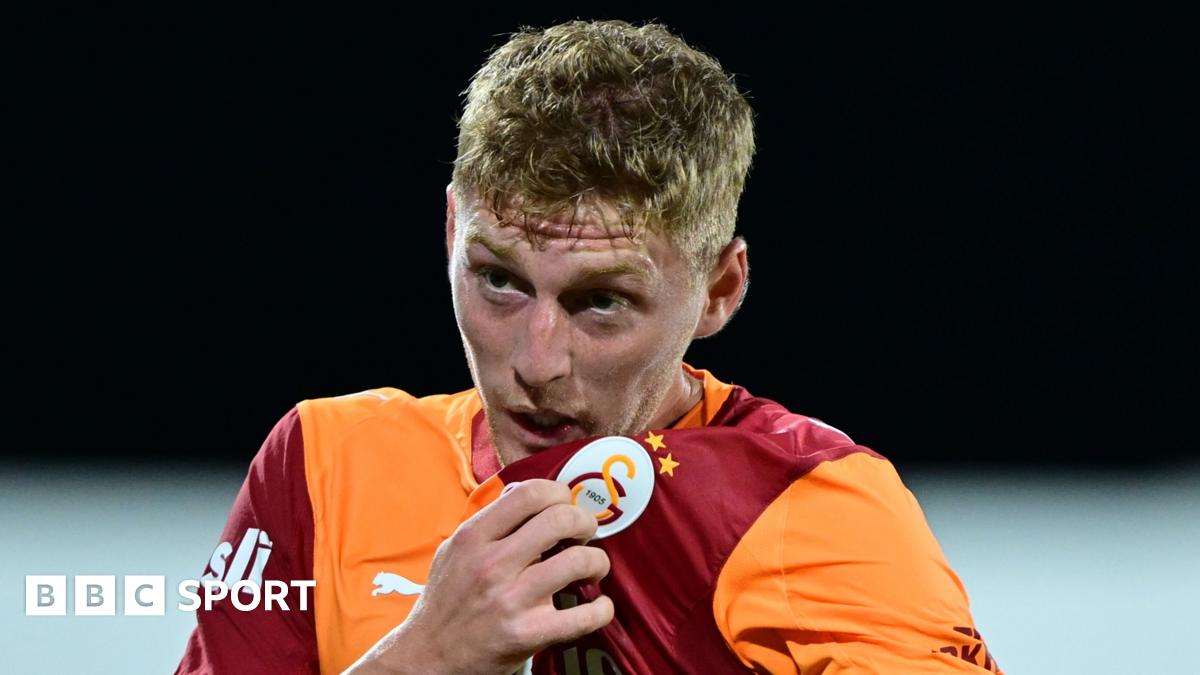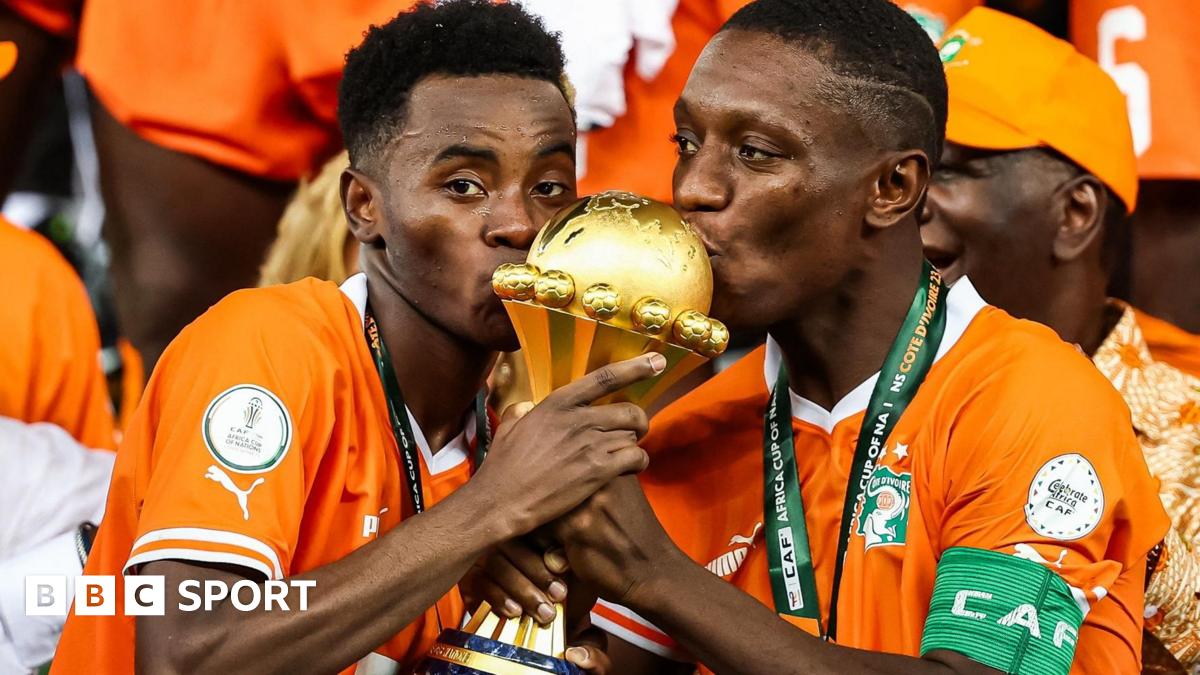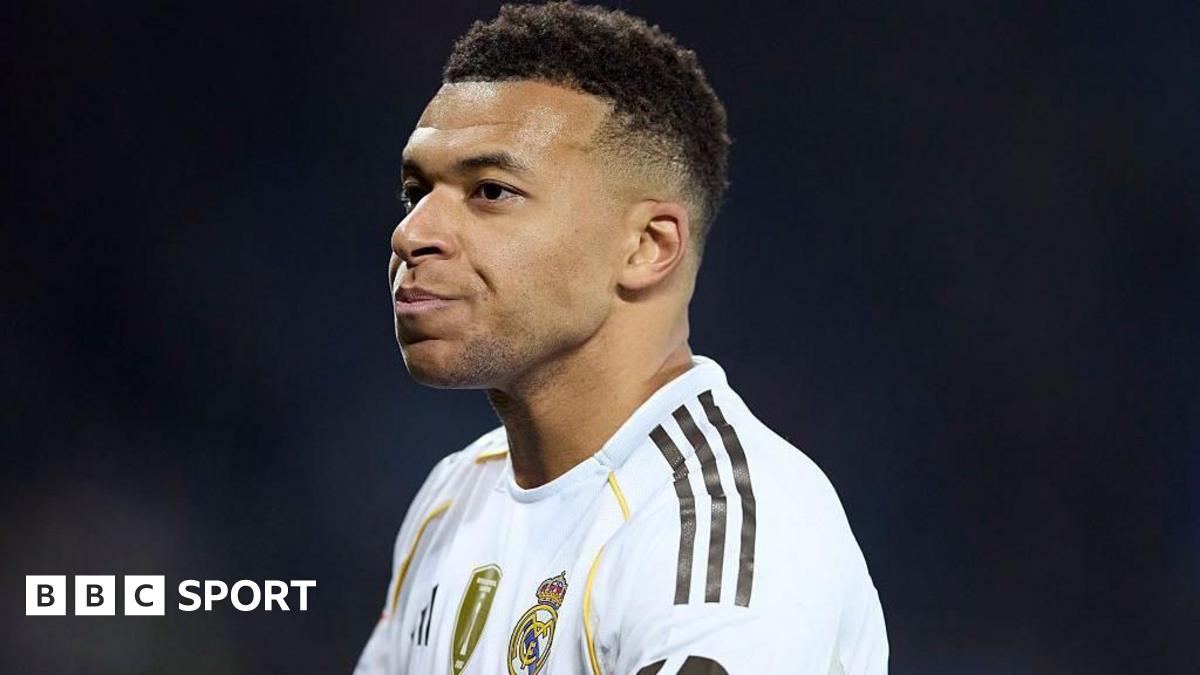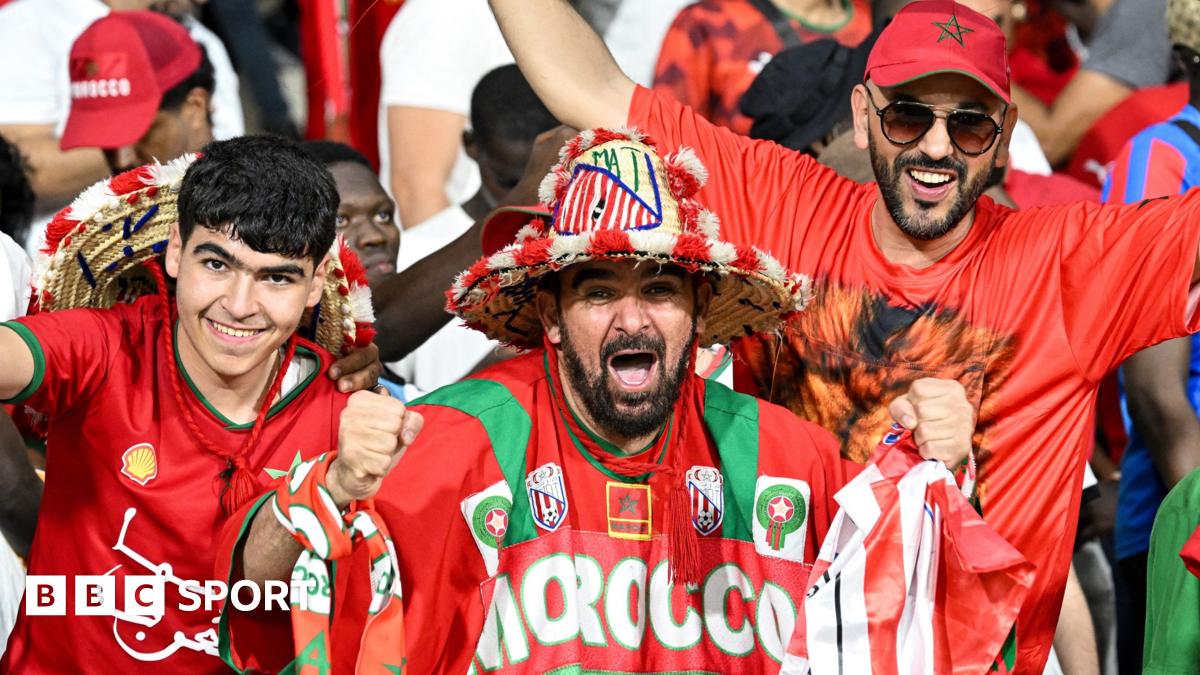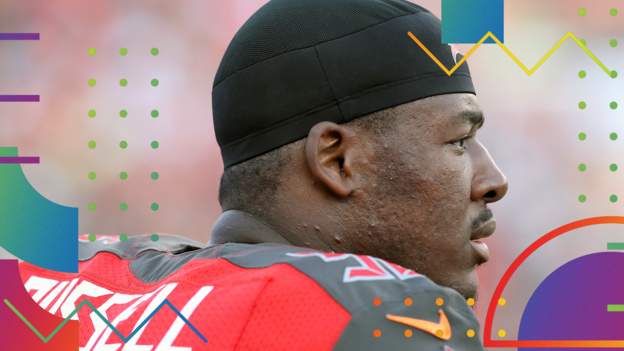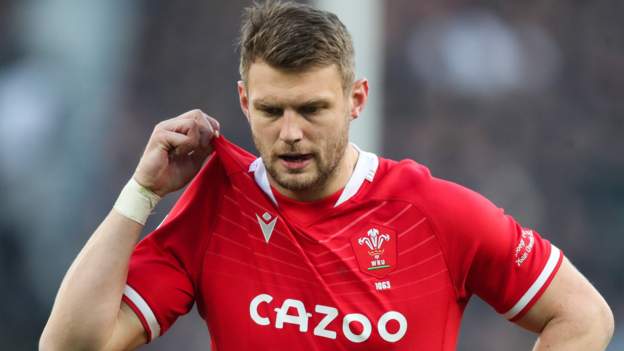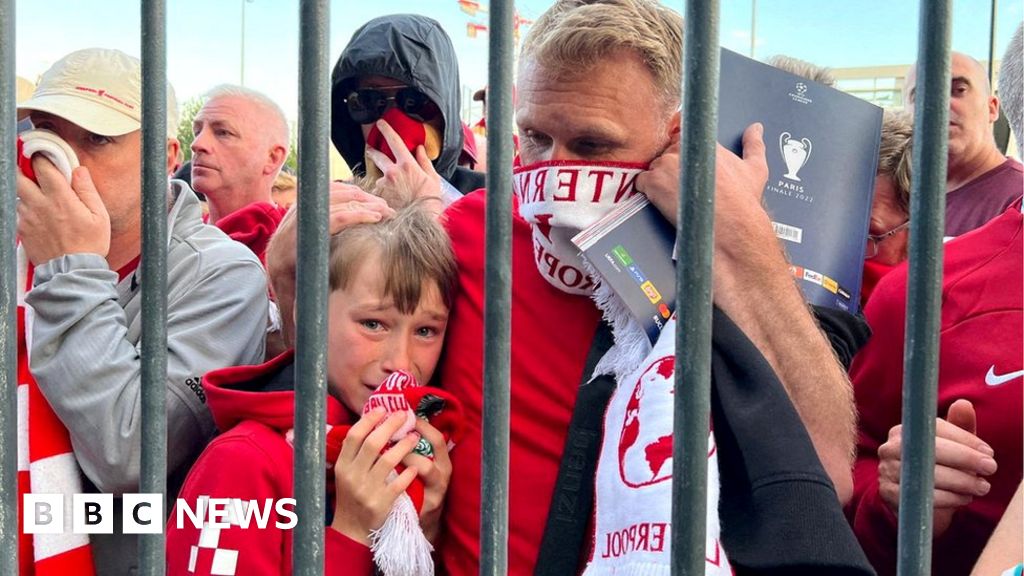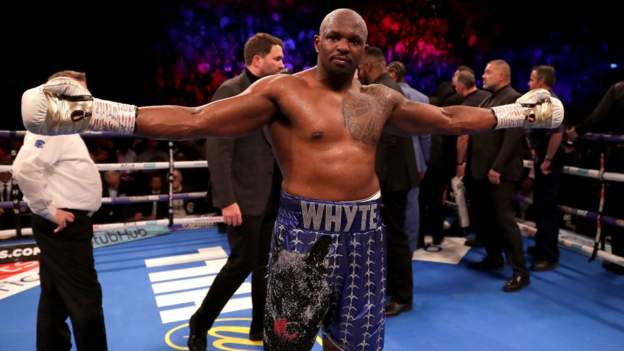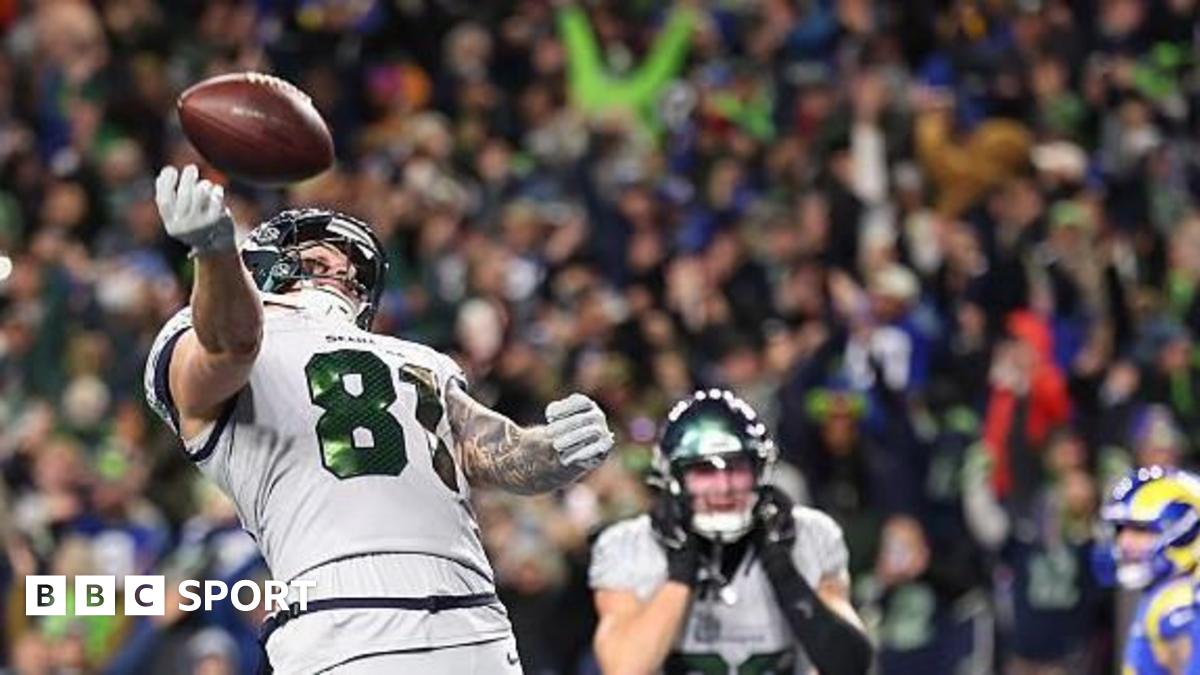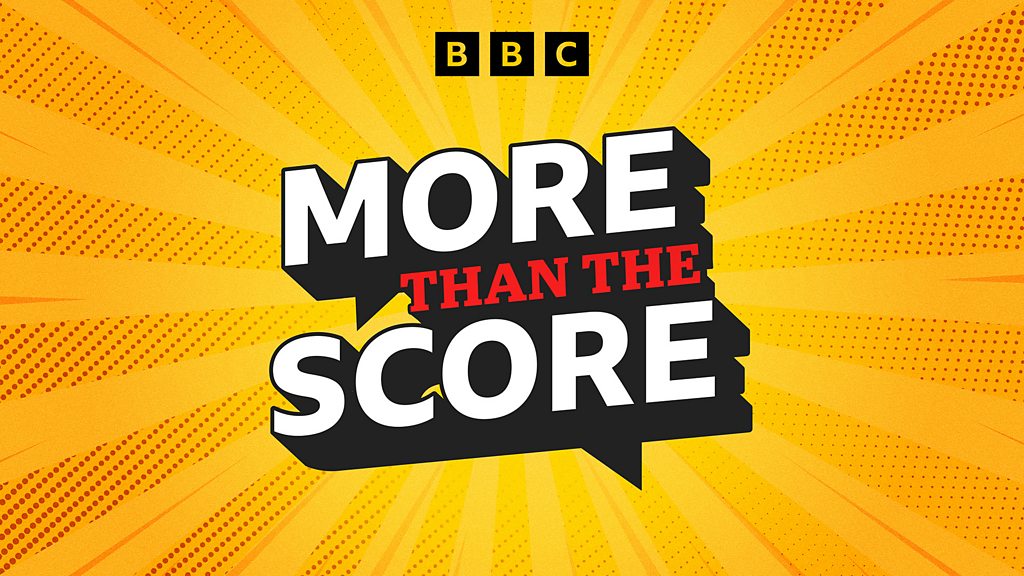| Date: Sunday, 13 February Start: 23:30 GMT Venue: SoFi Stadium, Inglewood, California |
| Coverage: Live on BBC Two from 23:00 GMT, switching to BBC One at 23:35, commentary on BBC Radio 5 live from 23:00, live text commentary on the BBC Sport website from 22:30 |
There are some things Ryan Russell isn’t sure about – such as who he wants to win the Super Bowl this Sunday.
And then there are the things about which the former NFL defensive end is certain – such as a belief that American football can thrive by becoming a more inclusive sport.
In the 12 months since the last Super Bowl, there has been a major breakthrough on that front, with Carl Nassib making history as the first NFL player to come out as gay and then feature in a regular-season game.
So as the Los Angeles Rams and the Cincinnati Bengals prepare to face each other in this year’s showpiece, Russell has had chance to reflect on the recent changes he’s seen regarding LGBTQ+ inclusion in this most American of sports.
And to mark LGBT+ History Month, Russell – who came out as bisexual in 2019 – has been talking to the BBC about the sport he loves, the pride it has given him, and the ways it can become better at welcoming everyone.
But the Los Angeles-based ex-pro has also been looking forward to this weekend’s big game at the cavernous SoFi Stadium.
“It’s in LA, so of course we’re going,” Russell laughs.
“I’ve had friends who’ve played for both teams, so I’m a little torn on who I want to win. But for me, the Super Bowl is the embodiment of family, love, and a little friendly smack talk, and I love that.”
‘When I think of my career moments, they leave me choked up’
On the surface, Russell had it all as an NFL player, having achieved an American sporting dream.
His story began in Texas, where he grew up in a community built around the three ‘Fs’ of family, faith and football.
After earning a full scholarship to Purdue University, he was drafted by the Dallas Cowboys in 2015, starting a professional run that took him on to the Tampa Bay Buccaneers, and allowed him to test himself against some of the greatest in the game.
“You’re constantly proving yourself, so when I think of moments in my career, they leave me choked up,” Russell says.
“I played Tom Brady on Thursday Night Football and got a couple of hits in on him. I got a sack in on Russell Wilson, Drew Brees, Eli Manning before he retired. You know, all these great games with guys that you watched and idolised, who are the reason that you play football.”
‘Coming out was the most crucial part of me loving myself’
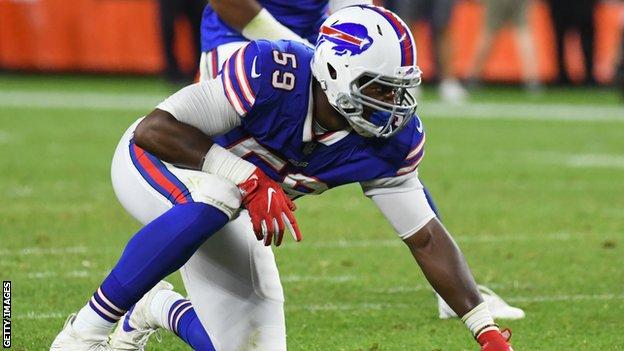
It was only when a shoulder injury struck in the 2017-18 season that he realised something in his life needed to change.
“I was forced to take a step back from football, and I realised that I wasn’t attending to myself, my mental wellness, my own passions and desires outside of the sport,” Russell remembers.
“I had to ask myself who I was, and coming out was the most crucial part of me loving myself.”
In August 2019, Russell sat down with American sports network ESPN, and became the first active NFL player to open up about their bisexuality.
“I definitely wouldn’t say it was easy,” he says.
“Even when the cameras are on and I’m saying I’m bisexual… I can only think of a handful of times I’d said that to someone, let alone on camera. But it really was that first, full step I needed to take to be fully present in this life.”
‘Male sport is ready to break the stereotype’
The reaction to Russell’s story was overwhelmingly positive, even though a small number of voices questioned the impact of having a gay or bisexual man in the locker room.
“I mean, it was like the same thing we heard years and years ago when we were told we can’t have black and white players on the same team,” Russell says.
“At one point, we were told women couldn’t play sport. You know, people are always telling us what we can’t do, especially when the ‘us’ is people who aren’t of a certain community or race or gender.
“The United States has a history of policing people who they consider ‘other’, but I think we’ve got to a place where we can break that.
“And I think male professional sport is on that fringe as well, to break that stereotype that we can’t have gay or bisexual players.”
‘It created so much love and opportunity for people’
Two summers after Russell shared his story, Nassib spoke out about his truth.
In a handheld video posted on Instagram, the Las Vegas Raiders defensive end came out as gay, in what many saw as a watershed moment for the sport.
“I loved it,” Russell says.
“I’ve had the pleasure of getting to know him as a friend and as a colleague, and it was so genuine and so him. It was just a nonchalant thing that he said, but it created so much love and opportunity and space for people.
“Carl has inspired so many, inside and outside of the sport, and I think it’s a beautiful thing.”
‘Do you really want people who have something negative to say about love?’
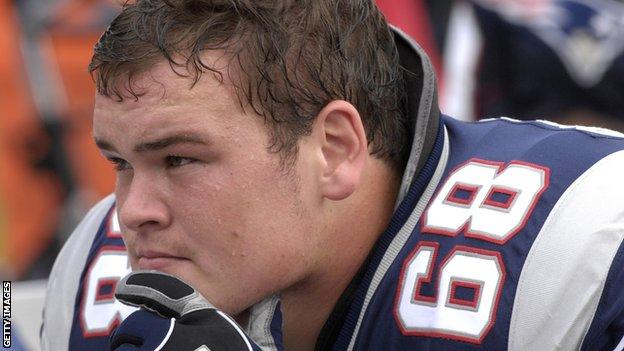
Russell has no doubt that the sport he loves is moving in the right direction when it comes to inclusion and acceptance for the LGBTQ+ community.
It’s been driven, in no small part, by the decision of players such as him and Nassib to open up, along with Michael Sam,Ryan O’Callaghan and others who have shared their story.
“This sounds crazy, but people didn’t even know ‘bisexual’ as an identity when I was playing sports,” Russell says.
“Like, it wasn’t even a thing. So at least people know it exists now!”
But the ex-Cowboys player admits there’s plenty more for the game to do in order to be a place where everyone feels welcome.
“I think it’s about visibility; about hiring LGBTQ+ players and coaches; about showing up for Pride Month, and doing it every year,” he says.
“It’s about knowing you might have a lot of diverse and beautiful identities in a locker room from different walks of life that you may not know or understand, but that you need to champion all of these players if you take on the position of head coach or GM [general manager].
“It’s about speaking up and being visible, and not just doing that behind the scenes, even though that is great.
“You know, sometimes football can play the fence to not offend and keep the fanbase happy, but if you lose fans because you choose the side of love and equality and inclusion, do you really want those fans?
“Do you really want anyone who has something negative to say about love? I don’t think so. I don’t think that’s what the NFL stands for.
“So, there’s a lot to be done – but there are so many great and creative people in the NFL offices, I think they can come up with a good list of things to do.”
Ryan Russell was speaking to Jack Murley on the BBC’s LGBT Sport Podcast. You can download new episodes every Wednesday on BBC Sounds.

